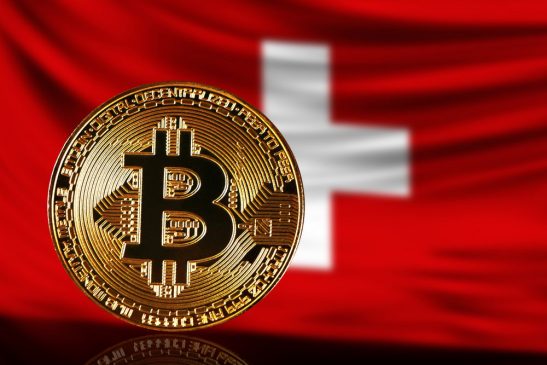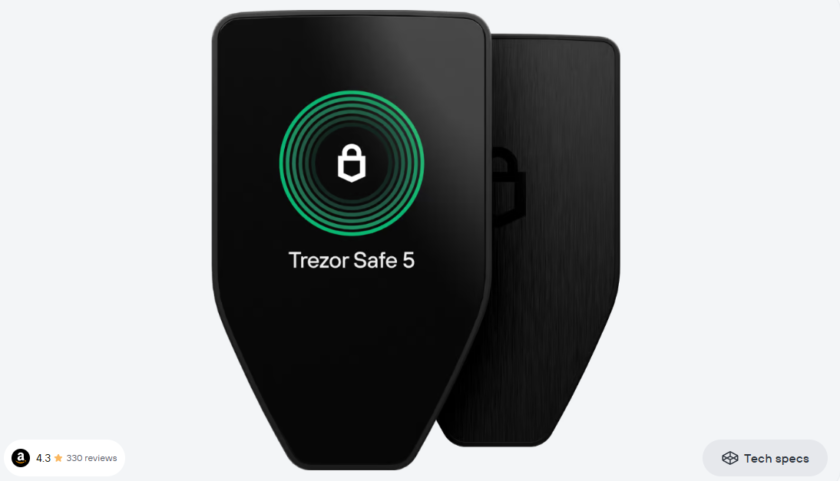This week, SIX Swiss Exchange, Switzerland’s principal stock exchange based in Zurich, approved the listing of a crypto exchange-traded product (ETP) with the ticker “HODL.”
Like the Coinbase Index and Bitwise Hold 10, Amum ETP represents the value of five cryptocurrencies that include Bitcoin (BTC), Ripple (XRP), Litecoin (LTC), Bitcoin Cash (BCH), and Ethereum (ETH).
Investors in the Amun ETP will hold a basket of cryptocurrencies that meet the requirements and criteria set forth by the investment firm.
“Unlike actual assets such as stocks or gold, an index doesn’t have its own price, but displays a value representing the prices of underlying group of assets according to its own specific calculation methodology. For example, S&P 500 is calculated by taking the sum of the adjusted market capitalization of all S&P 500 stocks and then dividing it with an index divisor, which is a proprietary figure developed by Standard & Poor’s,” the company explained.
Could Swiss ETP Increase Bitcoin ETF Chance of Approval?
The short answer is no. The Amun ETP is conceptually similar to an exchange-traded fund (ETF) in the sense that it allows both institutional investors and accredited retail traders to invest in digital assets without the necessity of custodians and dealing with additional regulatory hurdles.
Traded on SIX Swiss Exchange, the HODL ETP will operate like how a normal publicly-listed stock would, allowing investors to sell and buy shares in the HODL ETP to indirectly invest in the cryptocurrency market.
“The Amun ETP will give institutional investors that are restricted to investing only in securities or do not want to set up custody for digital assets exposure to cryptocurrencies. It will also provide access for retail investors that currently have no access to crypto exchanges due to local regulatory impediments,” Hany Rashwan, co-founder and chief executive of Amun, said.
While the approval of a crypto ETP by the main stock exchange of Switzerland is a positive milestone for the industry, an ETP already exists in the US market in the form of Grayscale Investment’s Bitcoin Investment Trust, and investors in the local market can purchase investment vehicles that represent the value of BTC.
In July, the US Securities and Exchange Commission (SEC) rejected the Bitcoin ETF proposal by the Winklevoss twins, who filed an application for an ETF that based the price of BTC on a regulated exchange called Gemini. At the time, the SEC clarified that the cryptocurrency exchange market is not mature enough to handle an ETF.
In August, eight ETFs were filed by ProShares and two other companies, basing the price of BTC on the futures market as a response to the SEC’s denial of the Winklevoss ETF. The eight ETFs were also rejected by the SEC, which firmly stated that the futures market is not of significant size to provide the base value of BTC.
“ProShares & the other ETFs tried to solve this problem by pricing bitcoin through the well-respected, regulated CBOE & CME futures markets. In theory, this gave derivative-backed ETFs a better chance of approval than commodity-backed ETFs, which use unregulated spot markets. The SEC wasn’t impressed, finding that the bitcoin futures markets aren’t ‘of significant size’ as required by the Winklevoss denial,” Kobre & Kim government enforcement defense attorney Jake Chervinsky said.
So What Needs to be Done to Increase ETF Approval Chance?
To increase the probability of a BTC ETF approval, companies that apply with the SEC must offer a compelling solution to the SEC’s issue that the cryptocurrency exchange market and the futures market are not sufficient to determine the real price of BTC.
Some speculate that the launch of Bakkt’s futures market could persuade the SEC to enable a futures market-based ETF, but the potential impact of Bakkt on the crypto sector still remains unknown.
Images from Shutterstock
Follow us on Telegram or subscribe to our newsletter here.





